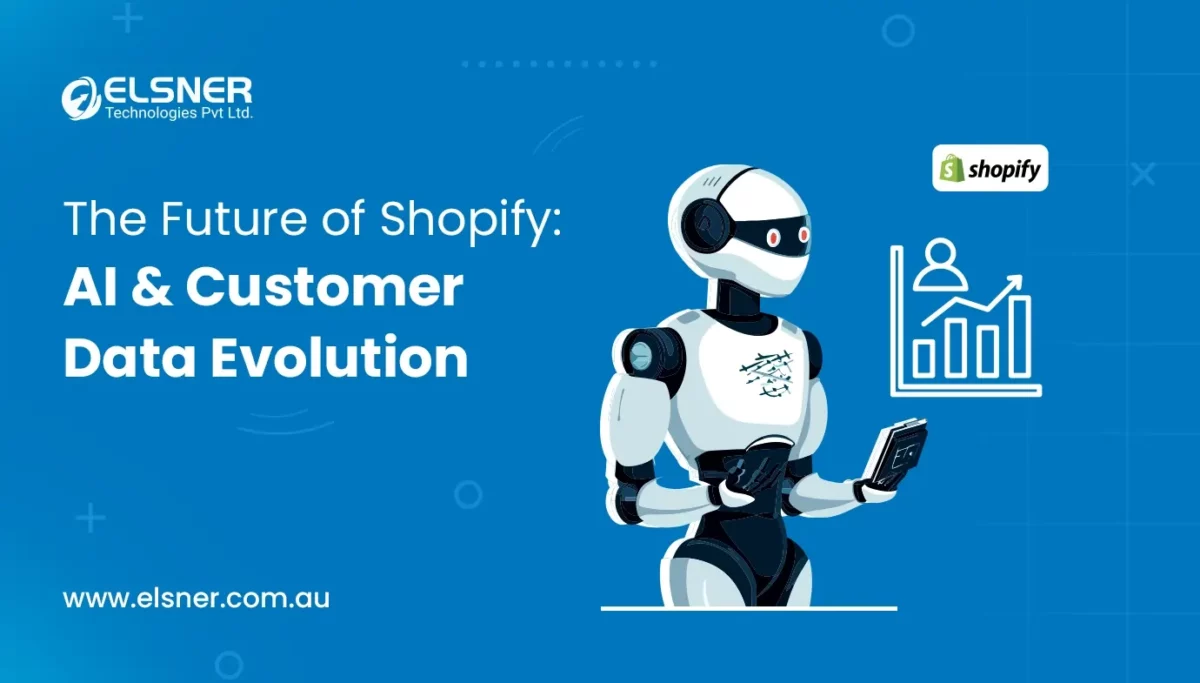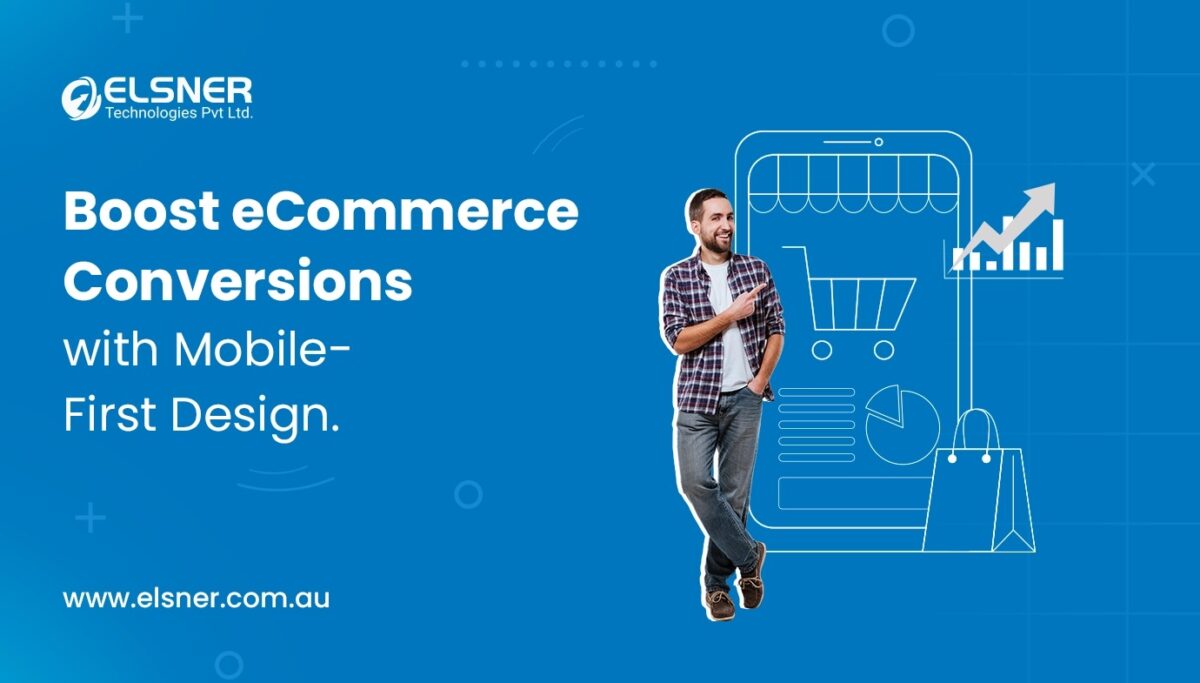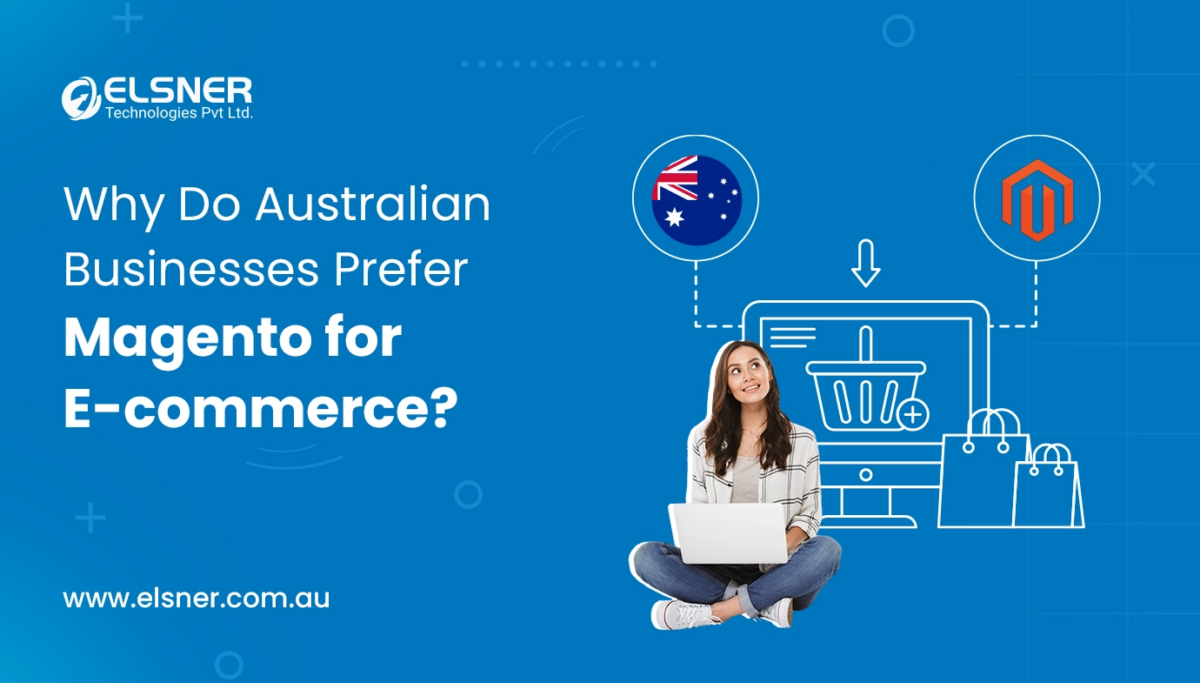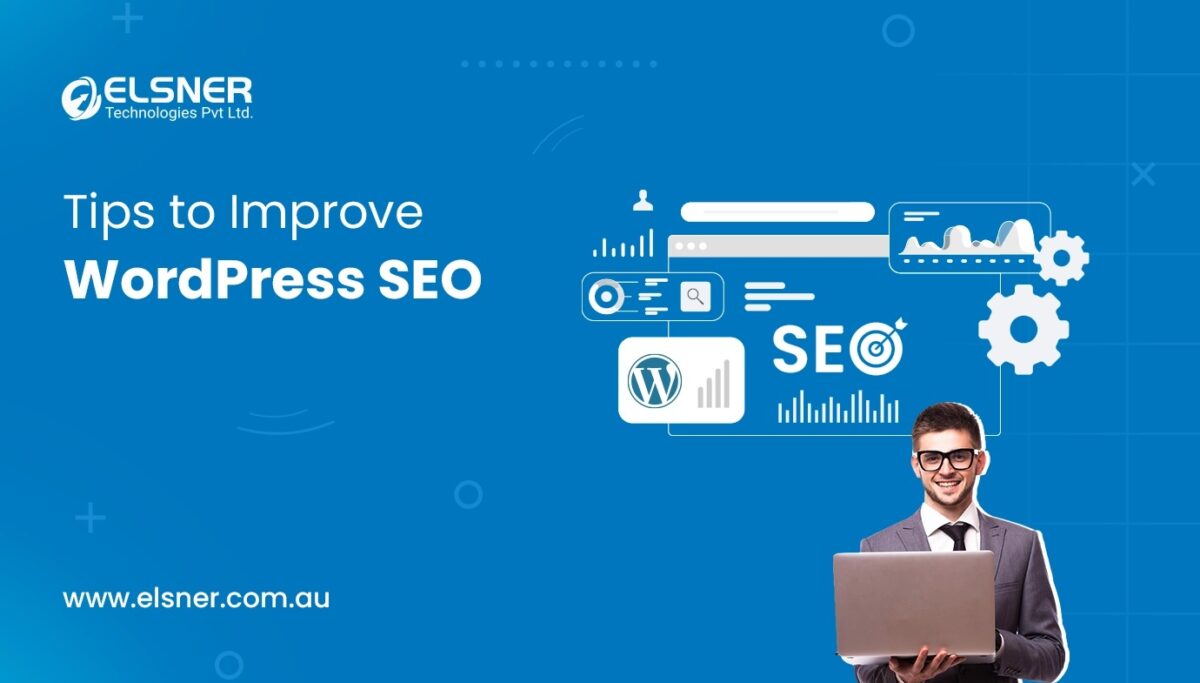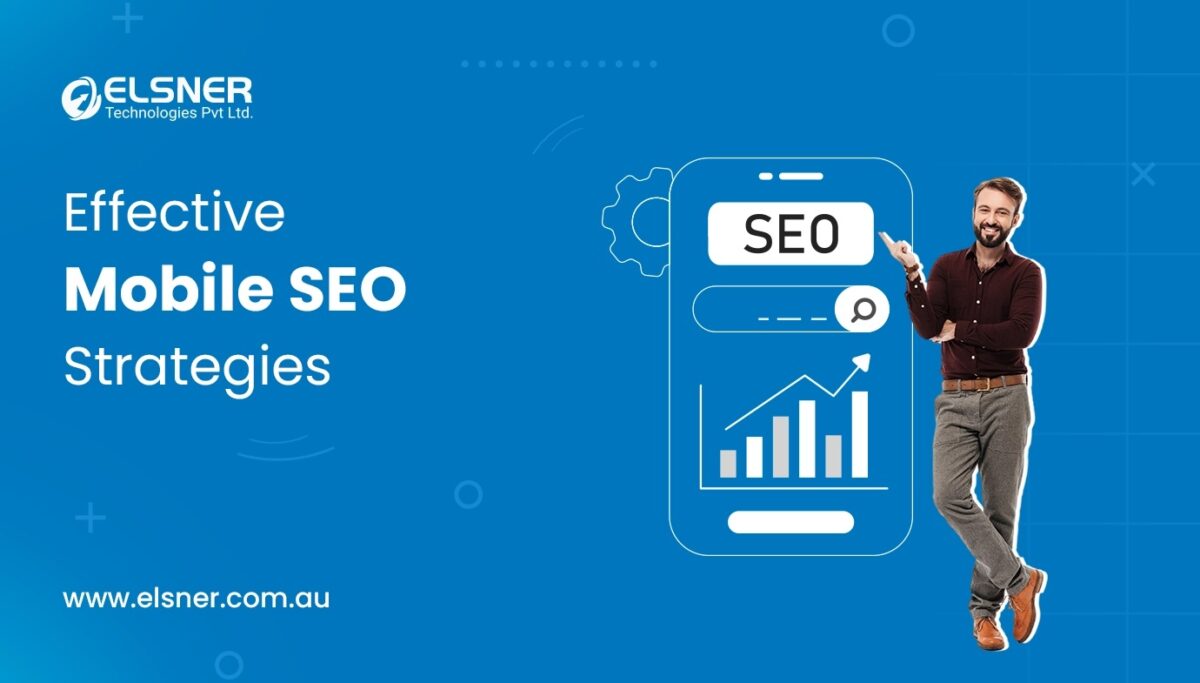Can AI Help Shopify Stores Win Over Customers?
Shopify
The introduction of Artificial Intelligence (AI) has forever changed e-commerce platforms. This blog explores how AI can transform Shopify stores by enhancing customer experiences, boosting engagement, and increasing sales.
Hiring a Shopify developer in Melbourne and utilizing AI is crucial for e-commerce businesses to maintain competitiveness.
Understanding Customer Data with Shopify
Customer data fuels successful e-commerce companies, encompassing insights from behaviors, preferences, interactions, and unique traits.
This information is sourced from a myriad of places, such as online transactions, surveys, and even social media feedback. Additionally, these sources collectively provide a comprehensive understanding of consumer behavior and preferences. In a Shopify store, customer data is produced organically; through the website’s virtual foot traffic that comes with individual purpose, be it just seeking product information or making an actual purchase.
However, using large amounts of unstructured customer data has its challenges, such as integration, quality, and effective storage solutions. Hence, all the information is scooped up together by Shopify experts Melbourne, filtered through analysis, and then used for decisions in the business.
How to Enhance Customer Experience through AI and Analytics?
The revolution of customer experience is essential in today’s market, which helps companies differentiate themselves. AI and advanced analytics complement each other in delivering new personalised solutions as well as strategies based on insights.
Here’s how:
AI-Powered Personalisation
AI can enhance personalisation through several techniques:
-
Product Recommendations
Instead of making customers feel like they are just another person on a list, AI uses product recommendations based on past actions (such as purchases or products viewed) to suggest items that would likely appeal to customers. This makes the shopping experience more personal and interesting.
-
Personalised Marketing
A revolutionary approach towards marketing is known as personalised marketing. With the use of artificial intelligence, marketing messages are customised according to the individual’s past behaviours, which leads to creating content tailored to customers’ likes that significantly enhances customer participation. However, human intervention is necessary so you should hire Shopify developer and make personalised marketing easier.
Real-Time Customer Behaviour Analysis
The use of artificial intelligence for instant monitoring of the actions taken by clients enables businesses to learn more about their customers’ behaviour instantly. This involves tracking real-time clicks, purchases, and other website activities.
Recognizing patterns and trends as they emerge enables businesses to make decisions on the go based on reliable information, allowing them to promptly adjust their strategies to better suit their dynamic clientele.
Practical Applications of AI in E-commerce
-
Personalised Product Recommendations
AI can evaluate user behaviour, preferences, purchase history, and browsing patterns to recommend relevant products. This can increase client loyalty, conversion rates, and Average Order Value (AOV). Shopify offers various apps, such as Shop Quiz, that allow merchants to create interactive quizzes to collect customer data and provide targeted product recommendations.
-
Fraud Analysis and Protection
Artificial Intelligence plays a vital role in identifying and stopping illegal transactions that can cheat an individual or organisation by combing through information like payment specifics, IP address, locality, device model, order chronology, and conduct tendencies.
Shopify has a fraud detection system for e-commerce website design Sydney. It uses artificial intelligence algorithms to determine the risk level associated with every order. Shopify also works in partnership with external organisations like Signifyd and Riskified.
-
Generative AI
AI has many applications in content creation, and among them are product descriptions, email subject lines, headlines, slogans, logos, photos, and videos— all of which can be generated using generative AI.
This not only saves time but also helps in branding effectively which further aids in drawing more customers into the business. One example of such a tool is Shopify Magic, which has AI-powered capabilities that can generate ideas for various types of content based on the information provided by the merchant.
-
Price Optimisation
Artificial intelligence can alter prices according to various factors, including but not limited to
- Supply and demand
- Market conditions
- Competitors’ pricing strategies
- Customer segmentation
This adjustment can have positive effects on revenue and sales volume through effective price management while also attracting customers who value price competitiveness. However, you should hire a Shopify developer in Melbourne for advanced SEO techniques to streamline this process.
Shopify’s AI-powered dynamic pricing optimization tools can continuously analyse this plethora of data points and in real time. It offers dynamic pricing optimisation tools that use AI to adjust prices in real time.
-
Customer Retention
Artificial intelligence can recognise customers who are likely to stop buying products from a brand based on their behaviour, engagement, feedback, loyalty, and satisfaction levels.
Several apps available on Shopify, such as Stay AI, use artificial intelligence to predict when customers are likely to churn out and subsequently send automatic emails for retaining them.
-
Inventory Control
Using AI and Shopify experts Melbourne for automating inventory management can ensure that the stock levels are always at their best by predicting the demands of customers based on sales data and popular items. It also suggests when to reorder products. Shopify provides inventory planning solutions embedded with AI technology.
-
Virtual Assistants and Chatbots
Another avenue where merchants can leverage AI is through virtual customer service agents and chatbots, which can:
- Communicate with clients through written messages or verbal conversations
- Answer basic questions
- Give details on products
- Help with purchases
- Provide after-sales services
Shopify’s Sidekick chatbot assistant aids store owners in different operations and queries.
Ethical Considerations and Best Practices
As businesses integrate AI into their operations, it is crucial to consider ethical implications and best practices to ensure trust and fairness.
-
Data Privacy
The right to data privacy is essential. It entails protecting client details from malevolent misuse and only employing it for the purpose it was entrusted. This means that businesses and a Shopify developer Melbourne should first seek consent from customers before affecting data collection, then toe the line with data protection statutes like the GDPR or CCPA.
Customers should also have a say on how their data is used and kept under their control.
-
Algorithmic Bias and Fairness
AI algorithms can easily learn bias from historical data without any intention. As such, it is necessary to keep a close check on the operation of these algorithms and make sure that fairness takes priority while avoiding cases of discrimination — whether direct or indirect — based on gender race and even socioeconomic status.
-
Accountability and Transparency
The responsibility of AI-driven decisions rests with businesses, which should ensure transparency on how AI systems function and the data and factors used in making choices. This transparency is necessary to foster trust with customers and stakeholders.
-
Customer Manipulation and Behaviour Tracking
Enhancing customer engagement is one thing that AI can do, but it should not be at the expense of manipulating customers. Hence, behavioural tracking needs to be transparent.
-
Unintended Consequences
AI and automation have unintended effects on customers and the community at large. Organizations and Shopify experts Melbourne should watch how their AI systems influence clients and resolve any arising issues promptly.
-
Job Displacement
There might be job displacement when a company introduces AI and automation into its workforce. In this regard, businesses need to evaluate the impact on their staff and find ways of educating them about new positions related to AI and technology.
The Human Touch: Balancing AI with Human Expertise
Although one cannot deny the advantages of AI, it is equally important to keep in mind that it supplements — not supplants — human skill. Here are a few ways to get this delicate balance right:
- Human control is a must-have. There should be oversight by humans to make sure that the artificial intelligence models work properly and ethically. For this, you can also hire Shopify developer.
- AI should be used to augment human capabilities. Use AI as an assistant to help automate routine tasks, allowing people more time for critical thinking or creativity coming up with innovative solutions, or building real connections with customers.
Parting words!
The combination of AI and customer data on Shopify enhances user experience, increases engagement, and boosts revenue. Personalized recommendations, AI chatbots, and dynamic pricing revolutionize customer interactions without altering corporate culture.
These technologies must be implemented ethically, ensuring data protection by design, fairness in AI training using historical data, and transparency about AI adoption within organizations.
To harness AI’s potential for your Shopify store, remember that success lies not just in automation but in providing a personalized customer experience that aligns with their preferences.
Embracing AI can build lasting customer relationships, enhance loyalty, and drive business growth. For a successful AI integration, consult experienced Shopify experts to guide you through this transformative journey.
